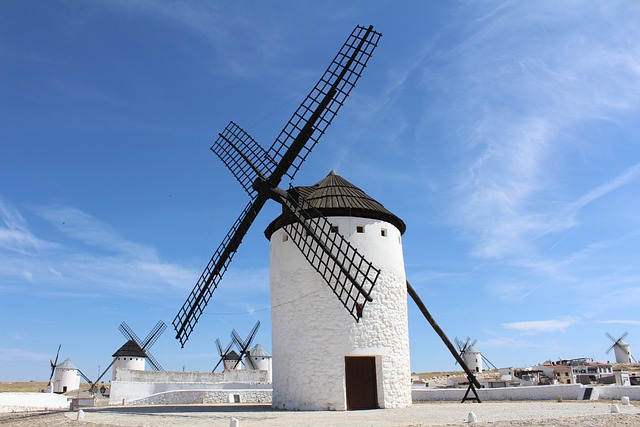Geographical Location of Ibiza
Ibiza, part of the Balearic archipelago, is located in the Mediterranean Sea. It is one of the four main islands of the archipelago, along with Mallorca, Menorca, and Formentera. Ibiza is situated about 90 kilometers east of the Spanish coast. Its proximity to mainland Spain makes it easily accessible. The nearest large city on the mainland is Valencia.
Landscape Characteristics
Ibiza is known for its diverse landscape. The island is 41 kilometers long and 20 kilometers wide. It features varied terrains, from picturesque sandy beaches to mountainous areas inland. The highest point on Ibiza is Sa Talaia, reaching a height of 475 meters. This mountain is located in the southwestern part of the island.
Climate and Tourist Appeal
Ibiza experiences a Mediterranean climate, making it appealing year-round. Summers are hot and dry, with temperatures reaching up to 30 degrees Celsius. Winters are mild, with average temperatures around 15 degrees. The island attracts tourists with its lush nature and beautiful beaches, such as Cala Comte and Cala Salada.
Transport and Communication Routes
Ibiza is well-connected to the rest of Europe thanks to developed transport infrastructure. Ibiza International Airport serves many low-cost airlines, providing easy access to the island. Ferry services connect Ibiza with other Balearic Islands and the Spanish coast, making travel around the island simple.
Cultural Significance of Ibiza
Ibiza has long attracted nightlife enthusiasts. Famous clubs such as Pacha, Amnesia, and Ushuaïa offer unforgettable parties with performances by world-renowned DJs. Beyond entertainment, Ibiza has a rich cultural heritage. Old towns like Dalt Vila, listed by UNESCO, testify to the island’s long history and rich culture.
The Impact of Tourism on the Local Community
Tourism plays a key role in Ibiza’s economy. Most local residents are employed in the service sector related to tourism. Ecological concerns about the overexploitation of the island’s natural resources are leading to the development of sustainable tourism. Local authorities are implementing measures to protect the environment and preserve the island’s natural beauty.
Conclusion
Ibiza is one of the most famous tourist destinations in the Mediterranean. Its excellent geographical location, stunning landscapes, and rich entertainment offerings make it a unique place. Despite the challenges related to tourism, efforts for sustainable development and environmental protection allow its unique charm to be preserved for future generations.



